10 Years On, A Look Back At Obamacare From The People Who Lived It
Illustration: Rebecca Zisser/HuffPost; Photos: Getty
The Affordable Care Act turns 10 on March 23. Over the last decade, HuffPost has interviewed many Americans about the revamped health care system that the law created and how the changes affected their lives.
Some of those stories highlighted people with preexisting conditions who gained coverage for the first time or who could finally afford private insurance thanks to the law’s subsidies. Others got coverage because the 2014 Medicaid expansion made the program available to more adults with low incomes. Others focused on the failures and shortcomings of the Affordable Care Act and the private health insurance system that serves as its foundation.
To commemorate the 10th anniversary of President Barack Obama signing the Affordable Care Act into law, HuffPost returned to the subjects of previous stories to find out what’s happened since.

Joe Lucas, Pittsburgh, Pennsylvania
In 2015, Joe Lucas was among the millions of Americans at risk of losing their health insurance subsidies because of a lawsuit that went all the way to the Supreme Court. After an aortic aneurysm in 2010, he faced $69,000 in medical bills before temporarily qualifying for Medicaid. The 57-year-old self-employed house painter became acutely aware of the dangers of living without health coverage.
Since the Affordable Care Act subsidies became available in 2014, they’ve allowed Lucas to not only get coverage he could afford, but also cut back on how many jobs he takes so he can give his body a rest after decades of working a tough job. This year, he’s paying $94 a month for his insurance after the subsidies, and he’s happy with the coverage.
“I’ve had no problem whatsoever,” he said.
What Lucas appreciates most about the Affordable Care Act is that it enables people like him to get insurance regardless of their preexisting conditions.
“A lot of people with preexisting conditions, they’re given a stigma I don’t think they deserve,” he said. “They’re branded for life with the preexisting conditions thing. If not for the ACA, it’ll put them into a category where they might not be able to afford care at all.”
Lucas’ health is good now. He gets exams every two years to make sure his heart is healthy, and he takes some generic prescriptions for his high blood pressure.
“It’s not like I overwhelm the health care system, put it that way,” Lucas said.

K.C. Handler, New Canaan, Connecticut
In the past month, K.C. Handler has suffered a knee injury and two cracked teeth — but that’s nothing compared to the hassle she’s experienced with her insurance company and with Obamacare, she said.
“I really hesitate to say this because I was an Obama supporter,” said Handler, 49. “I honestly 100% believe that the quality of customer service, the quality of consumer rights, the quality of care — everything has been compromised by the Affordable Care Act.”
Handler’s problems with the health care law started early, when she found in 2013 that the plan she’d been buying for years directly from an insurance company wouldn’t be renewed the following year because it didn’t meet Affordable Care Act standards.
But when she chose a replacement plan from Access Health CT, her state’s health insurance exchange, she ran into one of the many glitches that characterized the first year of Obamacare enrollment. At the time, Handler had a procedure scheduled to test her for lung cancer, which both of her parents had had. But the insurance company told her she wasn’t actually covered because they never got her enrollment information from the exchange. Only after HuffPost spoke to the head of Access Health CT about Handler did the problem get resolved.
On the bright side, Handler got a new diagnosis soon after for a benign condition and didn’t need surgery. On the other hand, she’s been fighting her insurance company and the exchange pretty much since then.
“It’s a failing system,” Handler said. She believes the influx of uninsured people, many of whom have preexisting conditions, into the health insurance market has “punished” customers like her who were in the system already. Rising premiums and confusing benefit packages have also bolstered her antipathy toward Obamacare.
After her premiums rose to $1,000 a month for a Gold plan in 2018, Handler decided to save money by switching to a Bronze plan that cost about half as much for less generous coverage, Handler said. But she contends that the Access Health CT representative who helped her enroll gave her incorrect information about the plan’s coverage, which led to her accruing nearly $20,000 in unexpected out-of-pocket costs last year, even though all of her medical providers belonged to the insurance company’s network.
“I had to sell my house because of this,” Handler said. At the same time, she was dealing with breast cancer surgery and radiation.
“Even before the diagnosis was confirmed, I got a bill for the MRI,” which cost her $3,900, she said.
She tried to fight that bill but couldn’t get anywhere with either the exchange or her insurance carrier.
“I gave up, to be honest, because I’m trying to mitigate my illness,” she said. “I can’t spend 10 hours a week on the phone.”
“The insurance companies rely on the fact that a person with a legitimate grievance is not going to be able to log the amount of time and the bureaucratic red tape they put you through,” she added.
Handler’s troubles didn’t end when she again opted for a more comprehensive Gold plan for this year at a cost of almost $1,000 a month. Handler discovered after choosing her policy that she couldn’t see her oncologists in New York anymore without a referral from a Connecticut doctor ― something she said was again the result of incorrect information from customer service.
“I can’t wait two months to see a doctor,” she said, because she needs treatment for complications that arose after her cancer treatments. “It’s outrageous.”

Dawn Josephson, Portland, Oregon
Wesley Josephson, 14, was born with strabismus, a condition that limits muscle control over one of his eyes. Before the Affordable Care Act, no health insurance company would offer his family a policy that covered treatment for his eyes. That changed in 2010, when the law’s provision forbidding insurers from rejecting or limiting coverage for children with preexisting conditions took effect.
His mother, Dawn Josephson, told HuffPost in 2012 that her family had been spending $1,000 a month out of pocket for services their insurance policy didn’t cover, and that the family was afraid a Supreme Court ruling might invalidate the law and leave her family in the lurch again.
“No one would think that a little eyeball can put so much stress, financial strain on a family,” said Josephson, 47. “If the Affordable Care Act had never happened and the insurance could exclude us for the rest of our lives about his eye, we never would’ve been able to do this vision therapy because we couldn’t afford that on top of the regular doctor bills that we were paying.”
Josephson is pleased with the coverage her family has had since the ACA was enacted, which has enabled them to get regular medical care. That included an exhaustive physical exam for her after her husband, Dave, died suddenly in 2018. She felt fortunate to have access to those services, which reassured her that she was healthy and would be there for her children, she said.
Josephson said she feels good about their insurance even though the family had to pay out of pocket for two years for Wesley’s daily vision therapy sessions, which their policy didn’t cover. That service cost her $6,000 over those two years, but it was worth the cost, she said, because Wesley showed positive results. His eyes still don’t coordinate, but he has improved enough so that reading is much easier than it used to be, she said.
She believes Americans don’t realize how vulnerable they are under the U.S. health care system, even after the Affordable Care Act.
“It’s not about big health issues. Yes, big health issues exist and big health issues are catastrophic and they’re awful,” Josephson said. “But I guarantee you ― you, me, the guy next door, everybody ― we’re all going to have small things happen. Everyone. And it’s those small things that can cause so much frustration and financial strain, so having some kind of health care in place for our society ― how can you not? We need it.”
Love HuffPost? Become a founding member of HuffPost Plus today.

Sean Kenny, Grand Rapids, Michigan
As a psychologist, Sean Kenny has seen how the Affordable Care Act has helped his patients afford therapy, though high deductibles and significant out-of-pocket costs for medications are still challenges for many.
Back in 2017, Kenny told HuffPost that he was pleasantly surprised by the policies available on HealthCare.gov. Kenny had lost his previous insurance policy because the insurer discontinued it, but he found a plan that had better coverage than his old plan at just $50 more a month.
But this year, the 55-year-old decided not to buy health insurance for the first time since Obamacare. It’s not so much that Kenny has soured on the ACA, he said. His reasons are different: Rising premiums, fewer choices and a surprise bill he received all compelled him to bow out.
“Partly out of frugality and partly out of disappointment with the actual experience of the plan that I had, and partly because ― and I know this is sort of taking a risk — but I’m so healthy right now,” Kenny said.
Last year, Kenny’s insurance company directed him to a public clinic for a physical and some blood work. What he didn’t notice was that a private lab company had a contract with the clinic ― and that lab wasn’t in his plan’s network. He got a bill for $600.
“It’s so scammy,” he said. “I felt abandoned by my insurance company.”
He successfully sued the clinic and got the $600 back, but he refuses to turn the money over the lab: “I told them to fuck off.”
In the meantime, Kenny is taking his chances and hoping he won’t experience any costly health problems. And he’s spending the money that would’ve gone to health insurance on Facebook ads against President Donald Trump’s reelection.

Sheila Tyson, Birmingham, Alabama
The Affordable Care Act came along at just the right time for Sheila Tyson, who faced insurmountable medical bills after she got a liver transplant in 2013. She was too sick to work, so she lost her job and the insurance that went with it, and she couldn’t afford to pay for her own policy. Obamacare subsidies changed that.
“It helped me at a time that I truly needed it, simply because otherwise, I would not have been able to maintain my basic needs,” said Tyson, now 64. Five years ago, Tyson spoke to HuffPost about her fears that the Supreme Court would take away her health insurance subsidies, leaving her destitute and possibly homeless.
Tyson is doing much better now. Her health is stable and, after two years of unemployment, she’s now working at a hospital. That job has excellent health benefits, she said, which means she doesn’t need assistance from ACA programs. But she understands very well that others do.
“There are so many people, especially people in my situation — a life event happened and then you turn around and you’re uninsured at a time when you need to be insured, and there is no insurance,” she said. “It’s like a no-brainer that insurance should be granted to everyone.”
Jared Blitz, Seattle, Washington
When HuffPost interviewed Jared Blitz in 2015, he was facing double anxiety over the Supreme Court ruling to make his health insurance more expensive and planning ahead for a major heart procedure he needed to stay alive. Without coverage, it would have cost at least $200,000.
Blitz, now 37, was born with aortic valve stenosis, meaning one of his heart valves is too narrow. He had a replacement valve implanted in 1999 that was supposed to last 15 years, and time was running out to replace it.
Because he had a preexisting condition, Blitz couldn’t find insurance coverage before the ACA. Under the law, he was guaranteed access to coverage and even received a small subsidy to help make it more affordable. Before the ACA, he spent $15,000 a year on cardiology tests. By 2014, those costs were down to $4,000, including his monthly insurance premiums.
The insurance wasn’t perfect. Even with the subsidy, Blitz could only afford a mid-level Silver plan, which came with a $2,500 annual deductible. He also ran into glitches with the federal health insurance exchange and almost lost his subsidy.
Nevertheless, he said, what he got from the ACA was a huge help.
“It allowed me to breathe a little bit more and it didn’t make me worry as much,” he said. “Some of the anxiety disappeared, which is important when you have a chronic health condition. That alone, to me, was a lifesaver, even though it wasn’t great.”
And he never wound up needing that new heart valve. His doctors told him that his current valve has as many as five years of use left in it, so he still has time.
Blitz has health coverage from his employer now, but having lived through the insurance system that existed before the ACA, he knows how valuable affordable care can be for people like him.
“Everybody’s one paycheck away from being homeless and one paycheck away from putting themselves in a situation because of the way this country is run,” he said. “It’s unsustainable.”
Also on HuffPost
1912
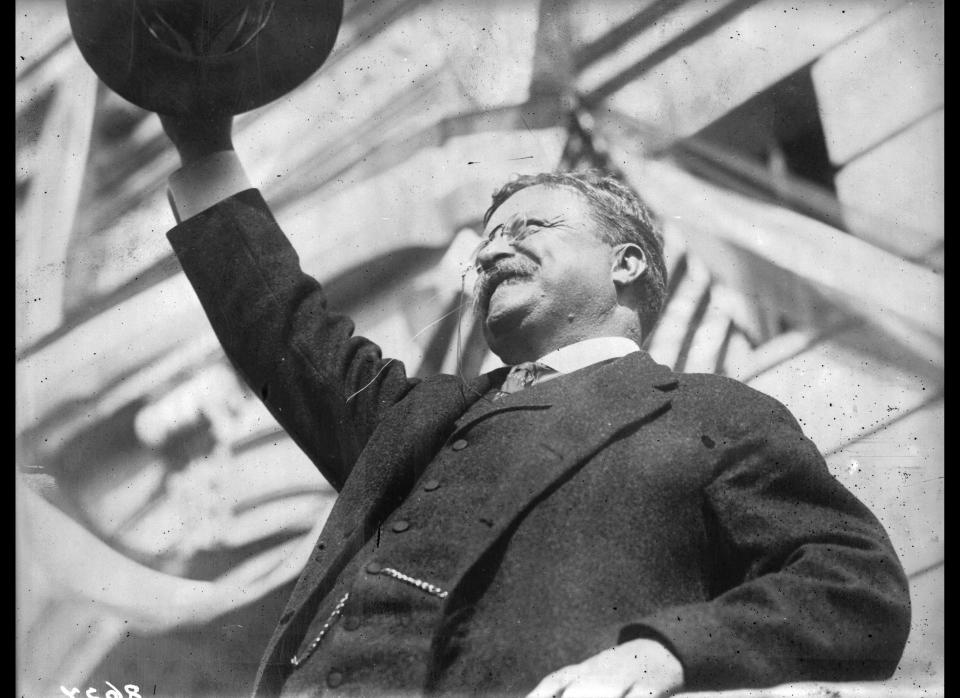
1935
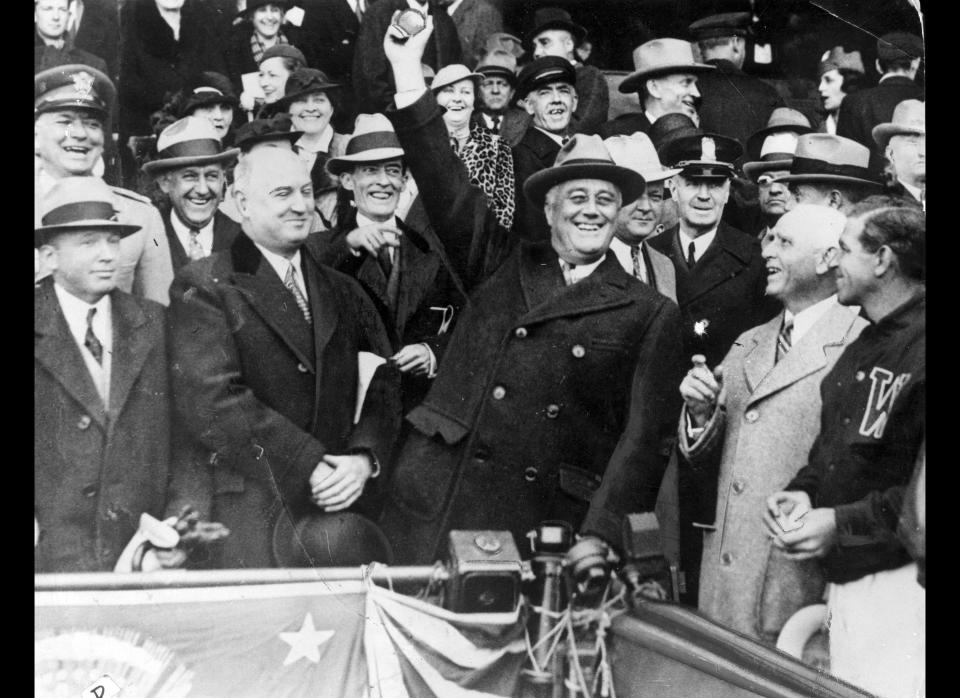
1942
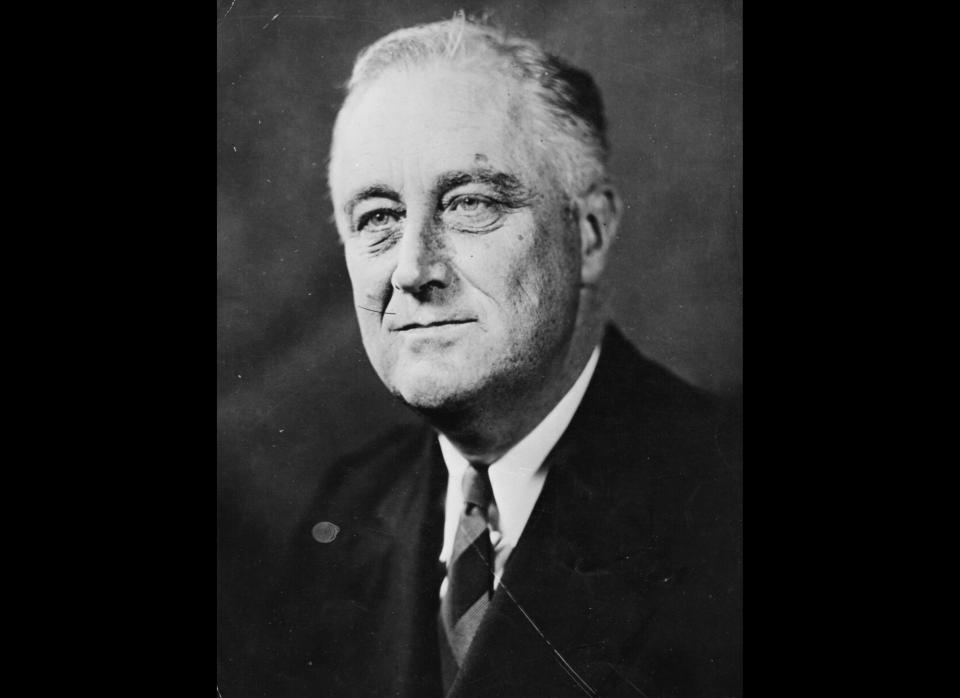
1945
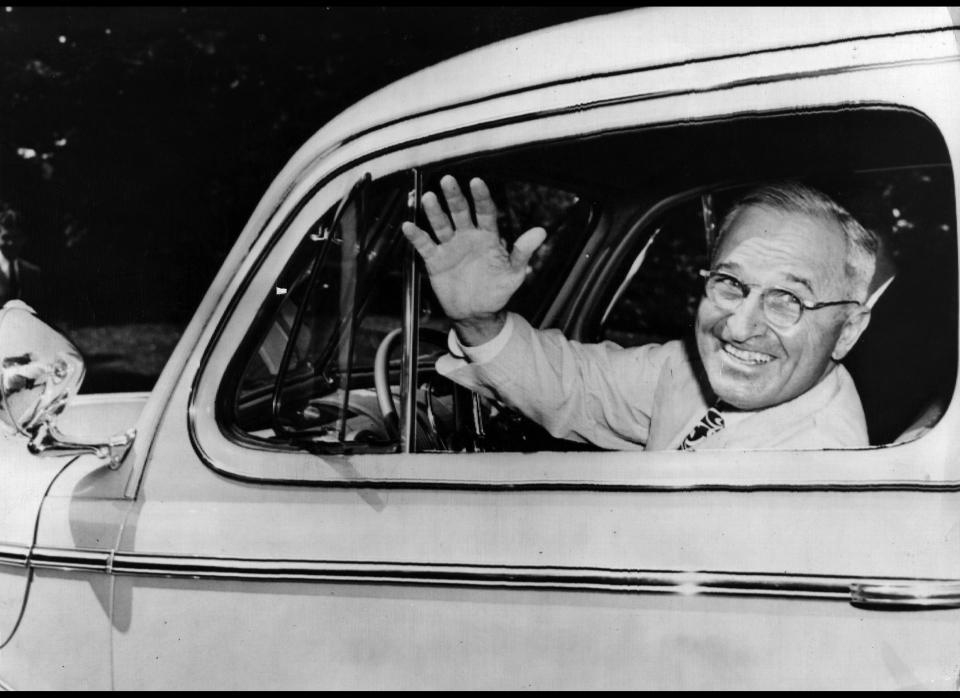
1960
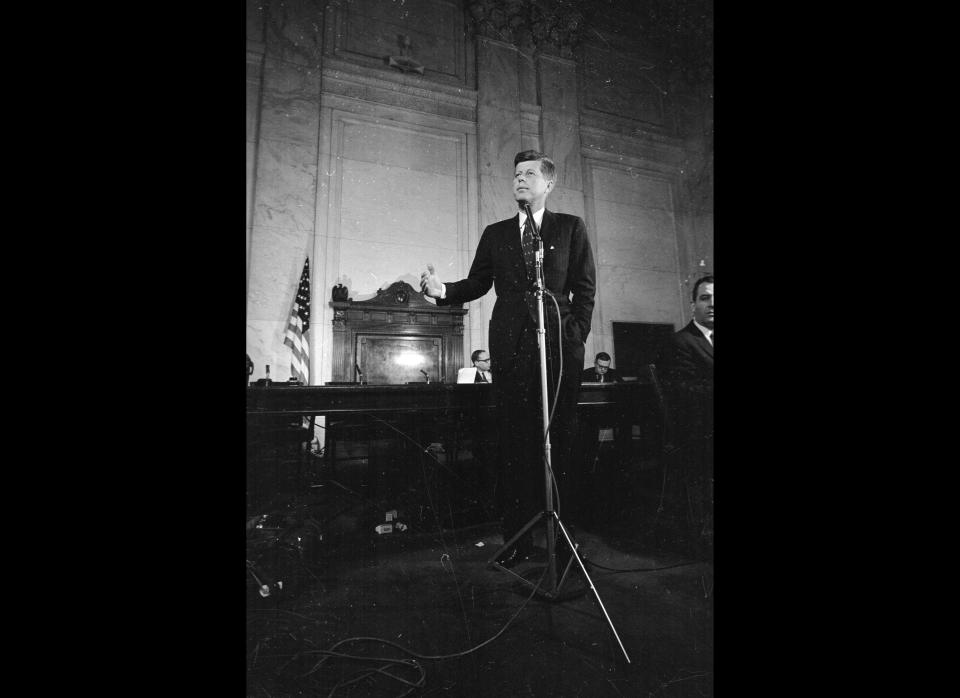
1965
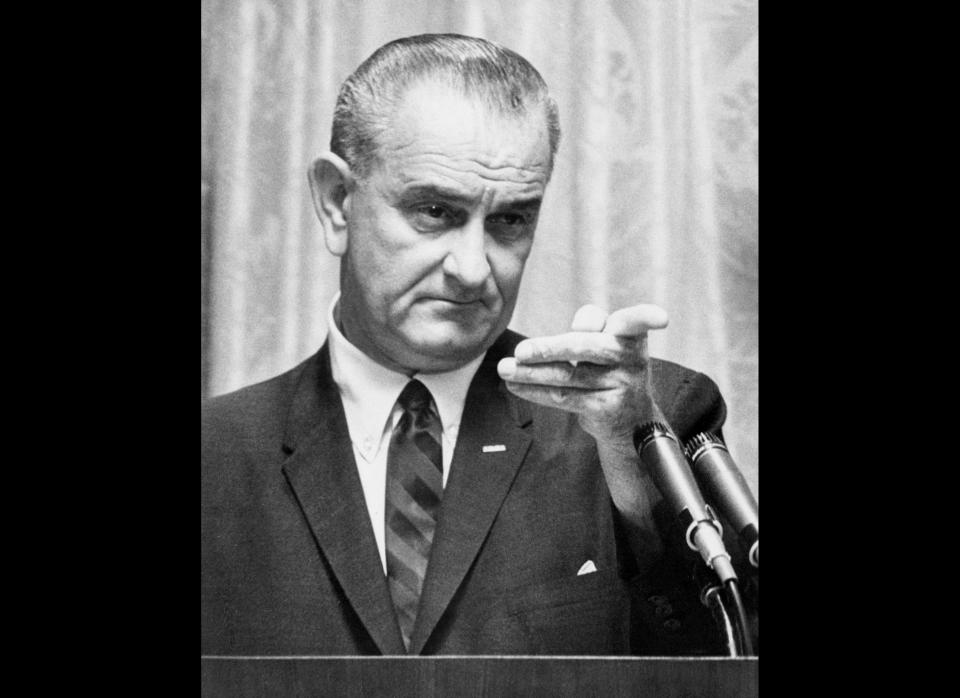
1974

1976

1986

1988
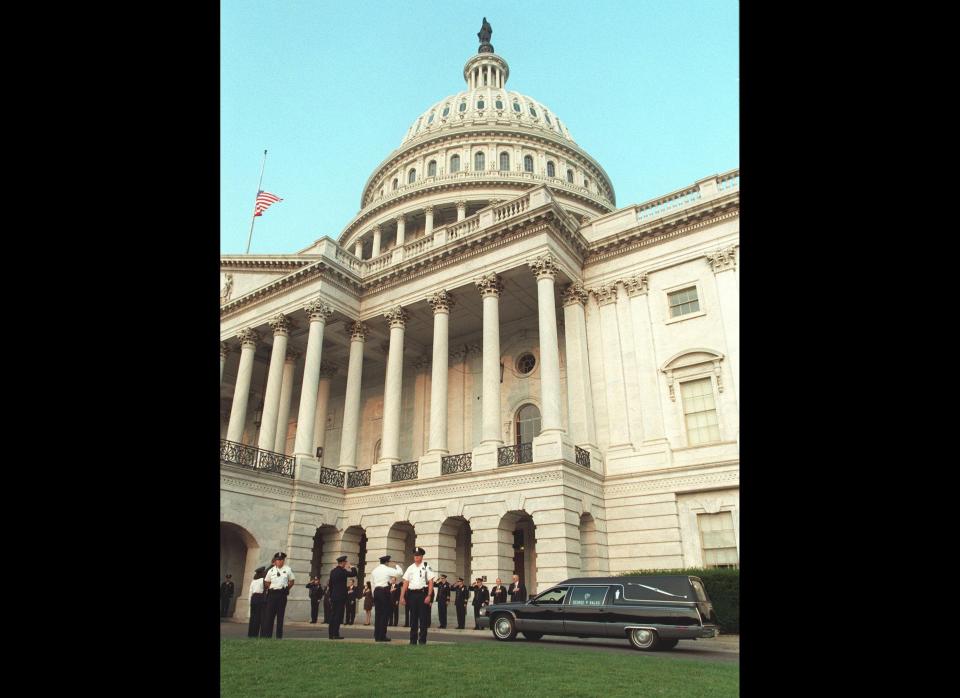
1993

1997

2003

2008

2009
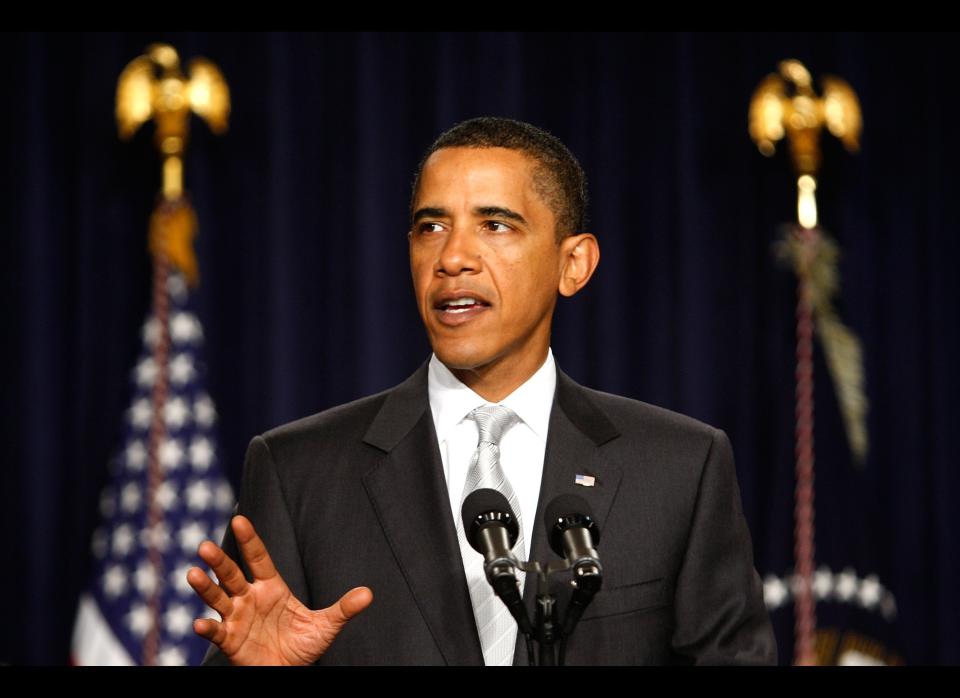
2010
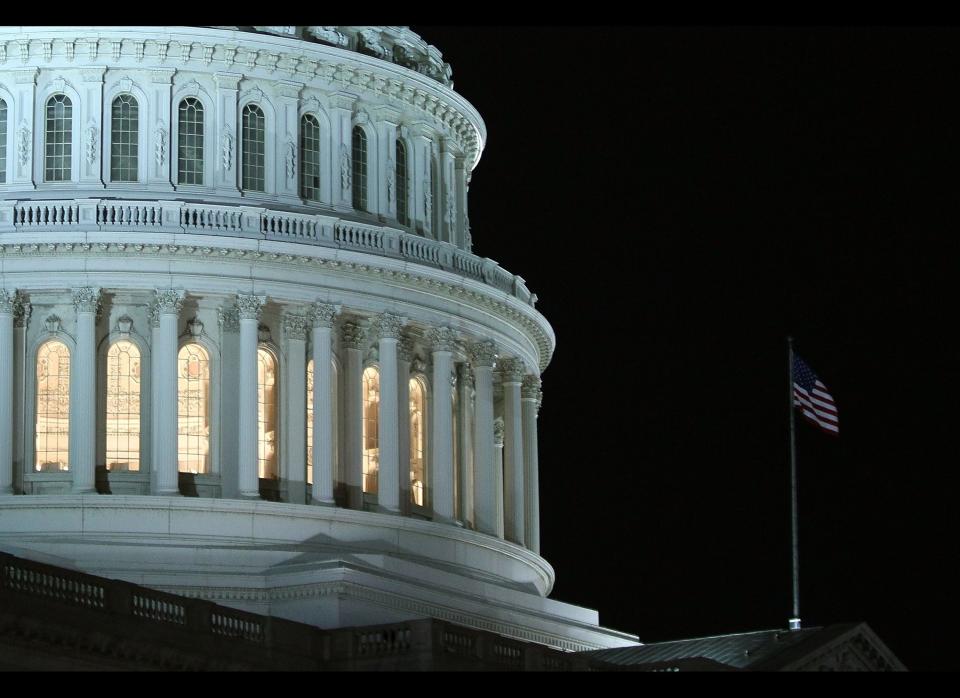
2012

This article originally appeared on HuffPost.

